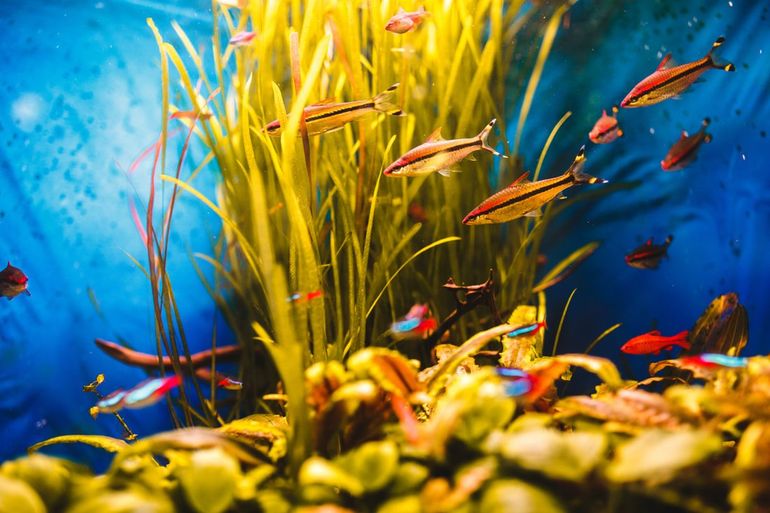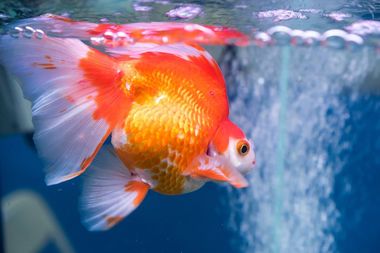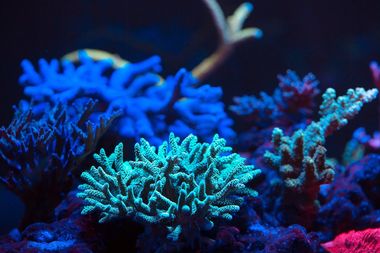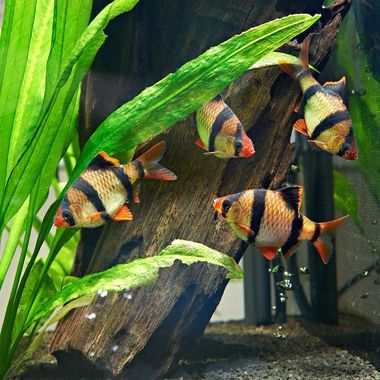Importance of Filtration
What are filters?
Filters maintain the chemical balance since you cannot change the water of the tank every day. Filters trap solid wastes from your tank and removes toxic buildup of ammonia and nitrates so your fish can breathe properly. The filter will pass the water through a material and store every particle that does not belong there. There are three different filters medias you can use: mechanical, biological, and chemical. Ideal filters contain at least two of the three basic types of filtration
Mechanical Filters
Mechanical filters physically strains solids from water passing through it. Mechanical filters include sponges, filter floss, a dense mass of air bubbles, special filter pads, or even aquarium gravel. The finer the media, the more smaller particles are caught. Mechanical filtration is ineffective if the solid wastes are not removed from the filter. If left unattended, all the trapped waste will begin to rot and can lead to a spike in nitrate levels. While mechanical filtration is essential for freshwater tanks, salt water tank owners do not use these because the ecosystem is more sensitive to nitrates
Biological Filters
The process of biological filtration is also known as the nitrogen cycle. Biological filtration uses beneficial bacteria or aquarium plants that can consume the toxic ammonia and nitrogen compounds that result from your fishes’ waste. Beneficial bacteria grows on any surface, including the walls and gravel in your aquarium, so many filters come with biomedia or bio-rings with high surface area to provide more places for the bacteria to live. Biological filtration will be just one method that is combined with the other forms of filtration.
Chemical Filtration
Chemical filtration removes toxic or unwanted chemicals as the water passes through a chemical media or resin. The most common chemical filtration media is activated carbon. Activated carbon absorbs harmful chemicals and dyes from the water. Another chemical media is poly fiber, which is effective in removing impurities such as copper, chlorine and dissolve proteins by trapping them in the media. A less popular alternative is ion exchange resins which works by attracting specific molecules to them. Some attract ammonia or nitrate.
Protein Skimmers
Protein Skimmers, also known as "foam fractionators," are a great additional filtration devices for saltwater aquariums. Protein skimmers allow mechanical, chemical, and biological filtration to work more efficiently and provide several other benefits for great water quality and clarity. Protein skimmers work by inserting bubbles into the water, which attract proteins and other amino acids found in decomposing organic matter. Once attached to the bubbles these proteins will be easier to eliminate and flow over into the skimmer cup. Only protein skimmers can eliminate organic compounds, phenol oils, and other yellowing agents.




